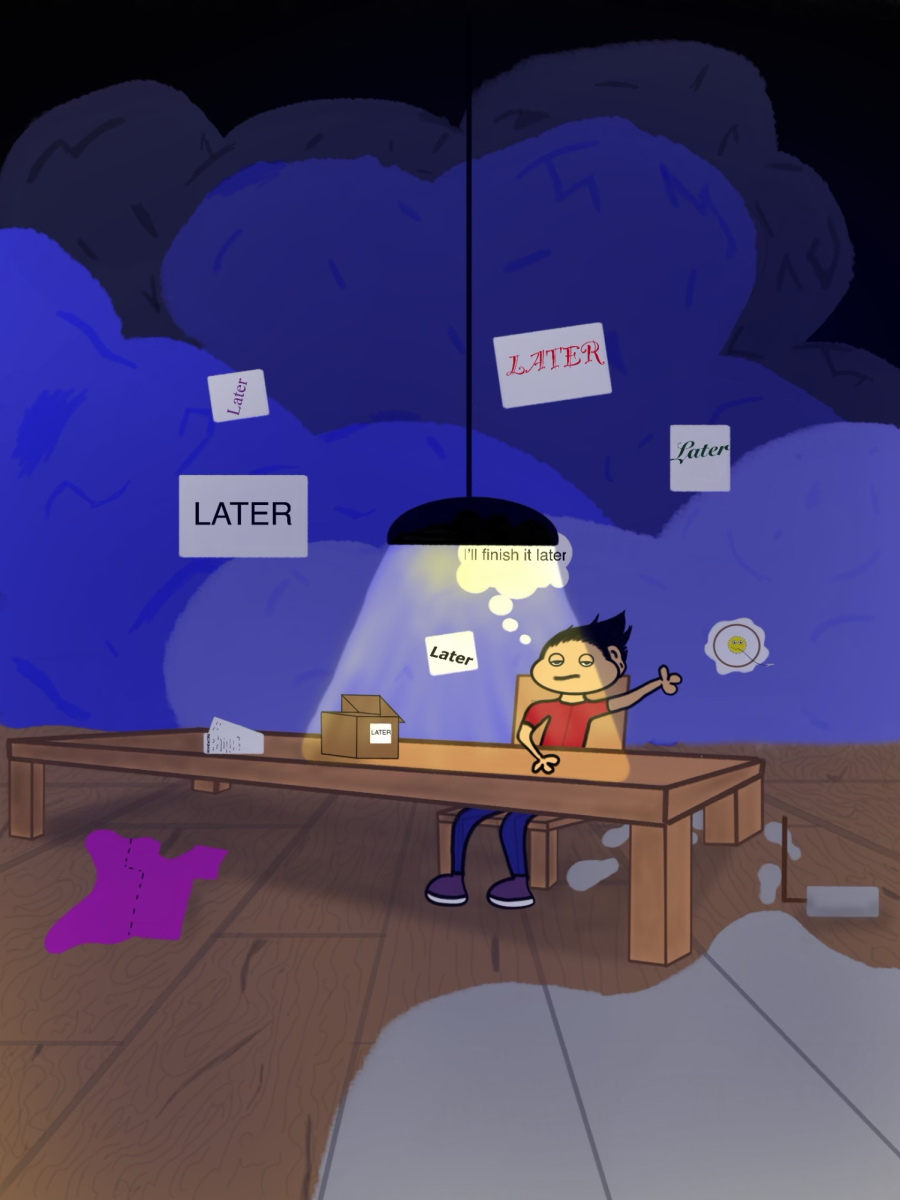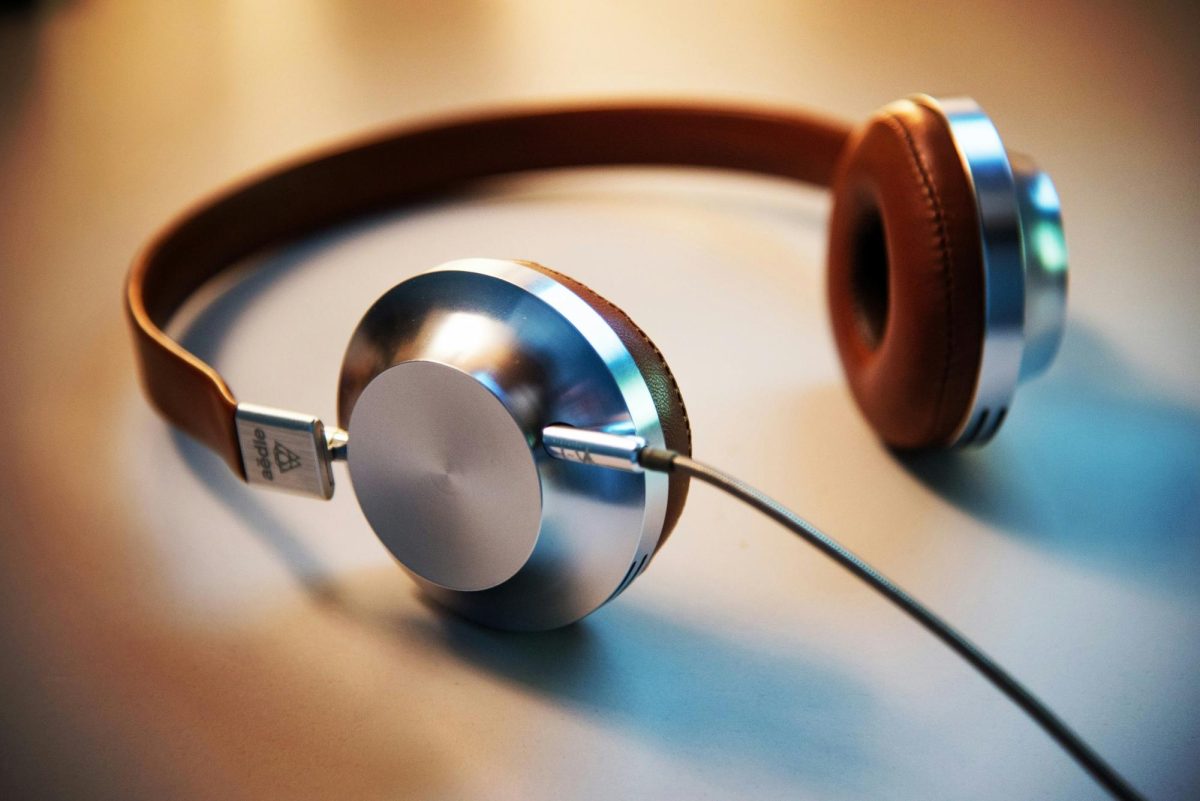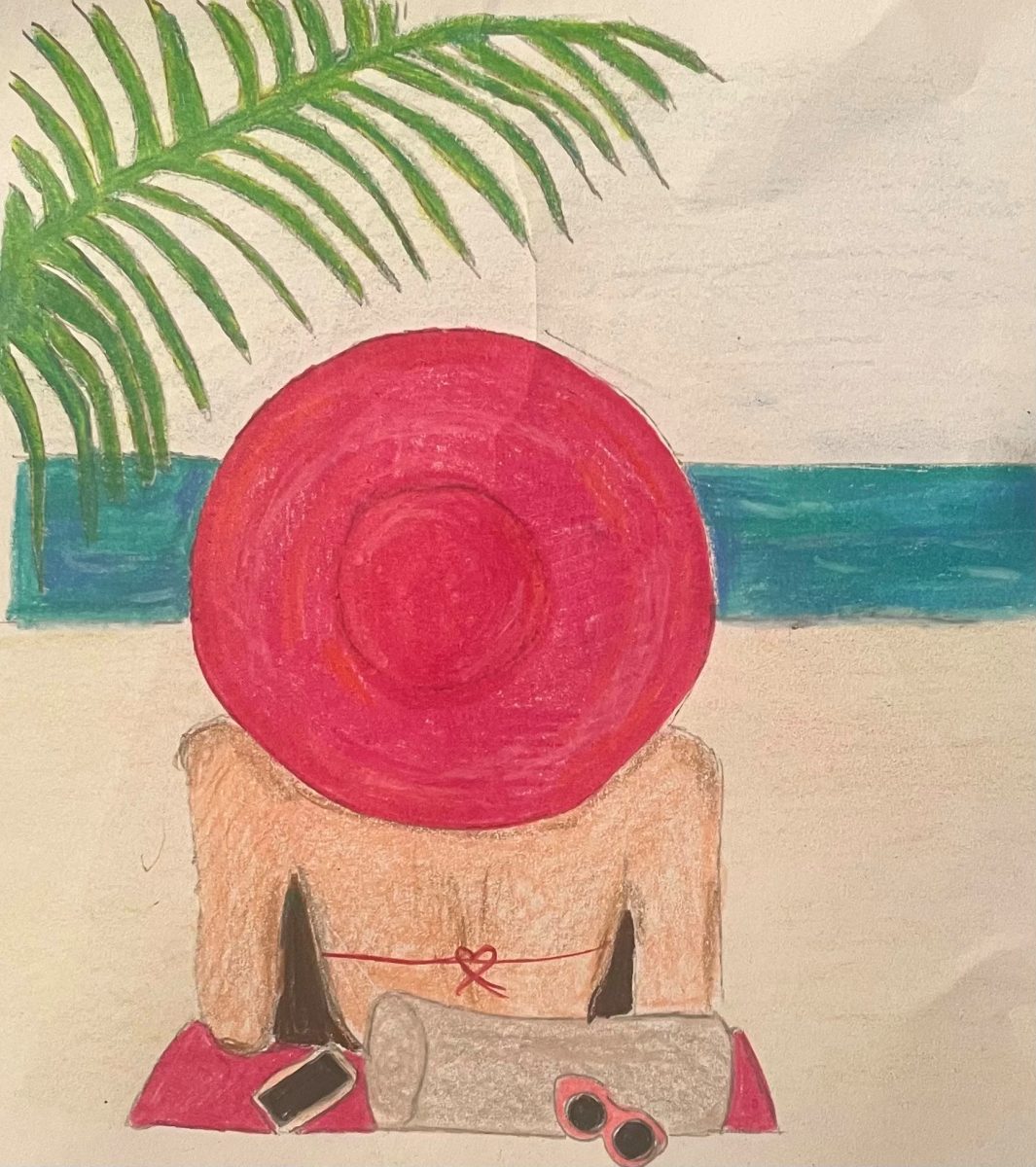The Link Between Smartphones and Depression
Many believe that cell phones have an impact on teen depression. According to Time magazine, “… the prevalence of teens who reported an MDE in the previous 12 months jumped from 8.7% in 2005 to 11.5% in 2014. That’s a 37 percent difference.” As MySpace, YouTube, and other social media platforms became big, the rate of teen suicide went up.
Gianna Jean, a freshman, commented on the link between smart phones and depression saying, ” Sometimes, when kids see what other kids are doing on social media, and they feel left out. Other times, when kids get cyber bullied, that can cause depression.” With all the new social media platforms, come cyber bullying. Because of social media, it makes bullying much easier. People can do it anonymously and not have to show their identity. Many people also can’t see what others’ emotions are through a screen. According to the American Psychiatric Association, “The analysis showed that people who reported using the most platforms (seven to 11) had more than three times the risk of depression and anxiety.”
Many teens’ lives are in their phones. People are not able to hold conversations because of phones. Everybody walks around with his/her head down, staring at his/her phone. Christian Squitieri, a sophomore, says, “When I am with my friends, they are always on their phones. I notice their moods changing as soon as they pick up their phones.”
Jillian Ruden, a mother of a first grader at West End, says, “I think people should be 15 or 16 when they get their first phone. My daughter will get hers around then but with limitations.” As children grow up, they want to go out and be able to get in contact with their friends easier. Without a cell phone and social media, that is hard to do.
Anxiety among teens has also gone up in recent years. According to the Anxiety and Depression Association of America, anxiety disorders are the most common mental illness, affecting 40 million adults in the U.S. According to Elements Behavioral Health, 25% of teens are affected by anxiety disorders.
Many parents monitor their children’s cell phone use. There are many ways, though, that teens can figure out how to hide their social media platforms. Many parents say they will not let their child have a phone or social media, but they soon give in to the pressure.
Ruden says, “I definitely think it [cell phones] affects their moods because even as an adult, it affects my mood. Sometimes too much screen time makes it difficult to sleep, and I get so distracted by everyone else’s lives, I forget to pay attention to what is important in my own.”
Many people see social media as a competition. People constantly try to make their lives appear to be better than others. They forget what is important in their own, real lives as compared with what they portray on social media.











































